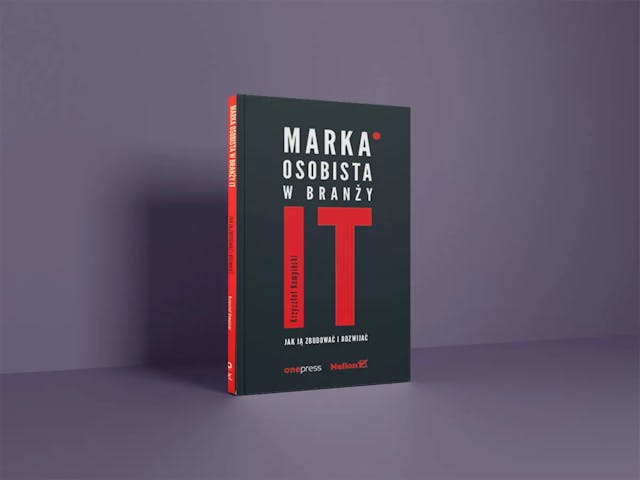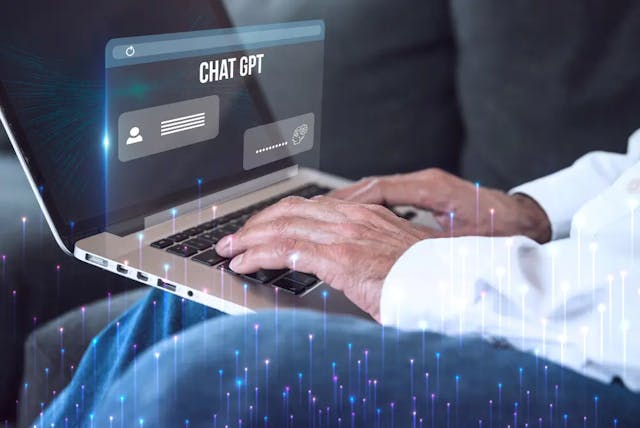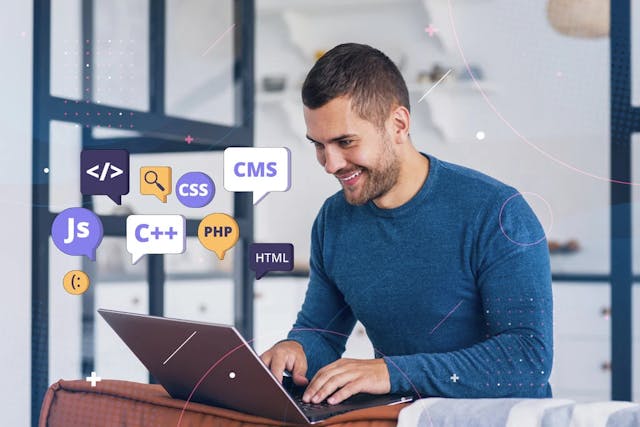Where and How to Find Learning Materials for Programming?
When you start learning programming, it's crucial to find the right resources. One of the best approaches is to utilize a mix of free and paid resources available online, such as online courses, video tutorials, blog posts, and more.
You can also dive into books and specialized articles that can help deepen your understanding. Consistency and regular learning are key, so it's important to find resources that match your skill level and preferred learning style.
What to Pay Attention to
When choosing programming resources, there are several important factors to consider:
First, ensure the materials are up-to-date and follow the latest standards, as technology evolves rapidly, and outdated information may no longer be practical.
Second, look at reviews and recommendations from other developers or people who have already used the materials. Feedback can provide valuable insights into the quality of the content.
It’s also essential to pick sources that offer interactive tasks and practical projects. Learning by doing is the most effective, so I strongly recommend combining theory with practice.
Personally, I prefer to start with theory since I like learning with a bottom-up approach, but once you understand the fundamentals, dive into practical coding!
Finally, choose materials from trusted and well-established sources or educational institutions that guarantee high-quality information.
A good approach is to watch free content from an instructor before spending money. This helps you understand their teaching style and whether it suits you.
Key Criteria for Choosing Learning Resources
When selecting learning resources, focus on these key criteria: currency, reliability, and level of difficulty for your current knowledge.
- Currency: Technology evolves quickly, so it's important to choose materials aligned with the latest trends and practices.
- Reliability: This means using resources from trustworthy sources, such as well-known experts or materials that have been vetted by the community.
- Level of difficulty: Pick resources that present information in an easy-to-understand way, with plenty of practical examples. I also enjoy visuals like diagrams or animations, which often explain things more clearly than text alone.
Additionally, it’s worth considering user reviews to help guide your choice.
Free Programming Learning Resources
Free Courses
Many online platforms, like Codecademy, Khan Academy, or FreeCodeCamp, offer a wide range of free programming courses for beginners and more advanced learners.
You can learn various programming languages, such as Python, JavaScript, HTML, CSS, and Java, through interactive lessons, video tutorials, and practical projects.
Other platforms, like Coursera, edX, or MIT OpenCourseWare, also offer free courses taught by renowned universities and programming experts.
The list of free programming courses is long and diverse, so you're sure to find one that suits you. Keep in mind, though, that most of these resources will be in English.
YouTube
There are many high-quality YouTube channels dedicated to teaching programming. Through these, you can learn various programming languages like Python, Java, JavaScript, or C++.
Tutorials, online courses, and video lessons allow you to learn from experienced programmers worldwide. Some channels even offer interactive challenges (e.g., on GitHub), enabling you to apply your new skills.
The added bonus of learning from YouTube is that the content is often updated to reflect the latest trends in the tech world, so you can stay current with technological advancements and improve your skills along the way.
Blogs
Programming blogs are an excellent way to expand your knowledge of a specific technology or programming language.
Blogs often feature articles, tutorials, and case studies on a variety of programming-related topics. You can find practical tips, best practices, and expert opinions from the IT world.
Learning through programming blogs can also be highly motivating, as you can often find inspiring success stories from other programmers.
It's a good idea to regularly follow reputable programming blogs to stay up-to-date with industry news and continuously improve your skills.
A pro tip: subscribe to programming newsletters, so you receive regular updates on new developments in your chosen technology or the entire sector.
Documentation
Documentation is an essential resource for programmers looking to deepen their knowledge of a specific technology.
Unfortunately, it's often skipped, much like an instruction manual when building furniture. But just like in that scenario, you'll eventually have to refer back to the documentation because it contains critical information.
Documentation helps you understand all the functions, methods, and classes available in a technology and how to use them.
Many documents include code examples, demonstrating how to implement solutions, and provide tips for best practices.
Learning to efficiently search and utilize documentation is crucial for becoming a proficient programmer.
Workshops and Conferences
Workshops and programming conferences are fantastic opportunities for expanding your knowledge and skills. They also provide an excellent chance to meet other programmers and build valuable relationships.
Participants can learn from experienced professionals, discover new technologies, and gain practical experience through workshops and presentations.
Such events also offer unique opportunities for networking and career development, not to mention contests with cool prizes and chances to promote new projects and solutions.
Conferences and workshops help programmers stay current with industry trends and continually improve their skills.
Social Media Groups
Social media groups are another great way to learn programming, especially for those looking to become programmers.
Platforms like Facebook and Reddit host thriving programming communities where members share experiences, tips, and valuable resources.
By participating in these groups, you can master new programming languages, learn how to solve difficult problems, and discover best practices.
These groups also provide opportunities for networking with like-minded individuals. The collective learning and information exchange within social media groups offer mutual support and inspiration.
Social Media Posts - LinkedIn, Facebook, Instagram
Social media platforms like LinkedIn, Facebook, and Instagram are also great sources for learning programming.
While you shouldn’t rely on these as your primary learning source, they can be helpful "on-the-go" resources.
For example, when waiting in a line or when you're bored, instead of mindlessly scrolling through TikTok, why not learn some programming instead?
These platforms often feature discussions, articles, tips, and online materials that make learning more accessible.
Paid Resources for Learning Programming
Sometimes, investing in paid resources for programming is worth it, as they offer more structured and professional learning experiences.
Paid courses often provide instructor support, interactive lessons, and access to updated, high-quality content. If you're interested in paid options, I recommend websites like zerotomastery.io and frontendmasters.com.
Programming Courses
Choosing paid programming courses is a great idea for several reasons. Self-study can be challenging, especially in the early stages, and a structured course from a professional instructor can make a big difference.
Paid courses often offer a more structured learning path, particularly important for beginners.
They also tend to have high-quality video content, which is usually easier to absorb than the many free resources.
Programming Apps
Programming apps are a great choice for beginners who want to learn on the go. Of course, these shouldn't be your main learning source but can be helpful as a supporting resource.
Instead of wasting time on unproductive apps, why not use a programming app to practice coding in your spare time?
These apps provide interactive lessons and tasks that help you learn to code whenever you have free time.
Books
Books can be a fantastic resource for deepening your programming knowledge. They offer in-depth information about programming languages, algorithms, or data structures.
However, books may not be the best first resource for beginners. Instead, start with simpler materials, like online tutorials, video courses, or interactive platforms, which provide quicker, more digestible introductions to programming concepts.
Use books to complement other learning resources as you move forward.
Mentoring
A mentor can be invaluable during your programming journey. An experienced mentor will provide valuable insights, help you understand challenging concepts, and guide you through your learning process.
They can help you avoid common mistakes and share tips from their own experiences.
Conclusion
I hope these tips have been helpful! Now you know what to look for when choosing your learning resources. Combining a variety of sources is the best approach.
The more you learn, the better, and I've found that learning from multiple sources has significant benefits.
Don’t just rely on one method—try different ones, and see what works best for you.
Good luck with your programming journey! 💪💪💪








